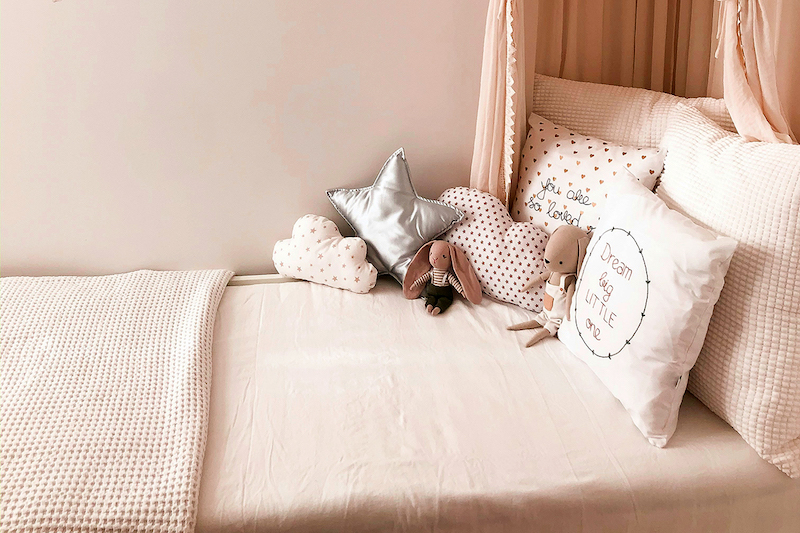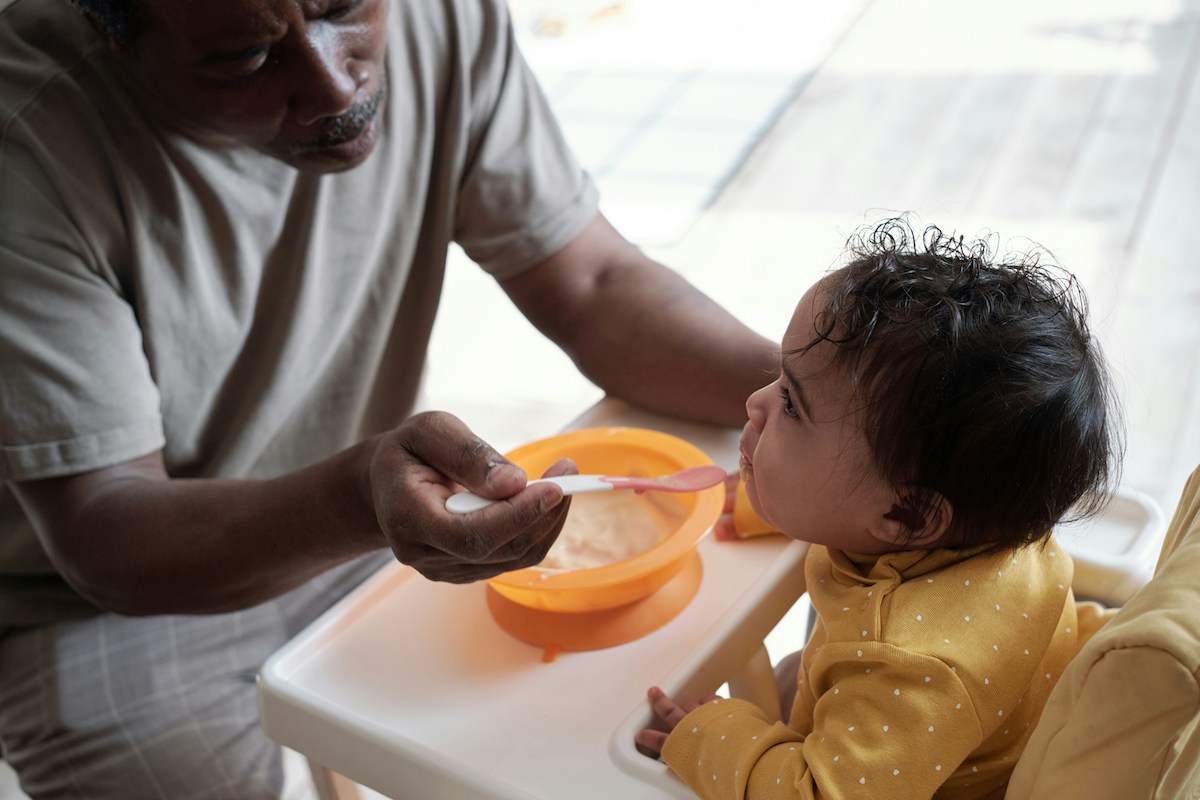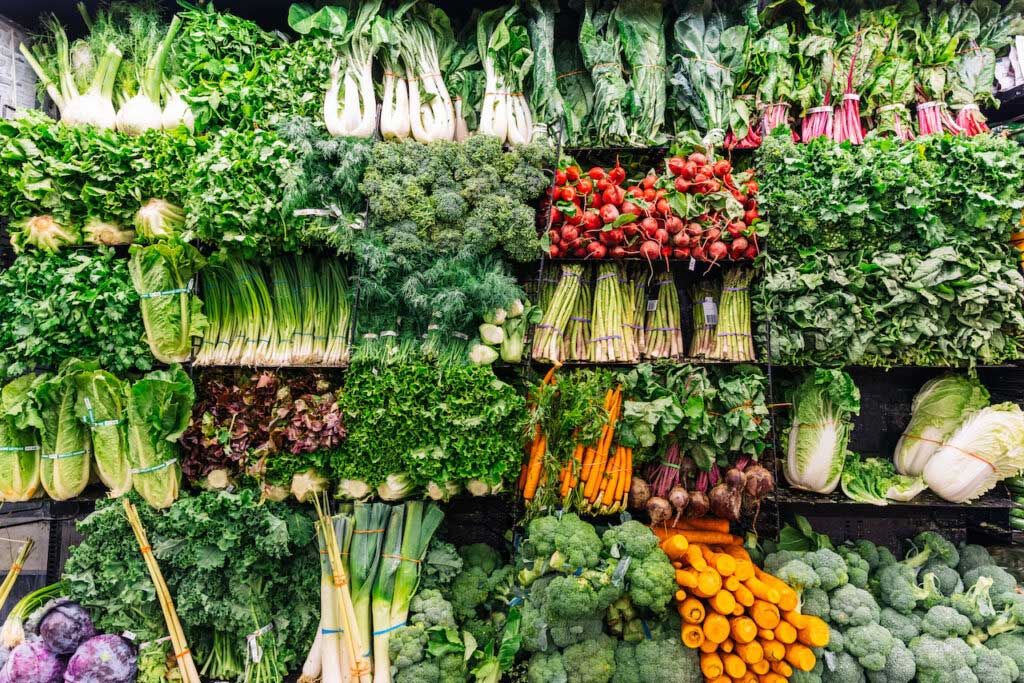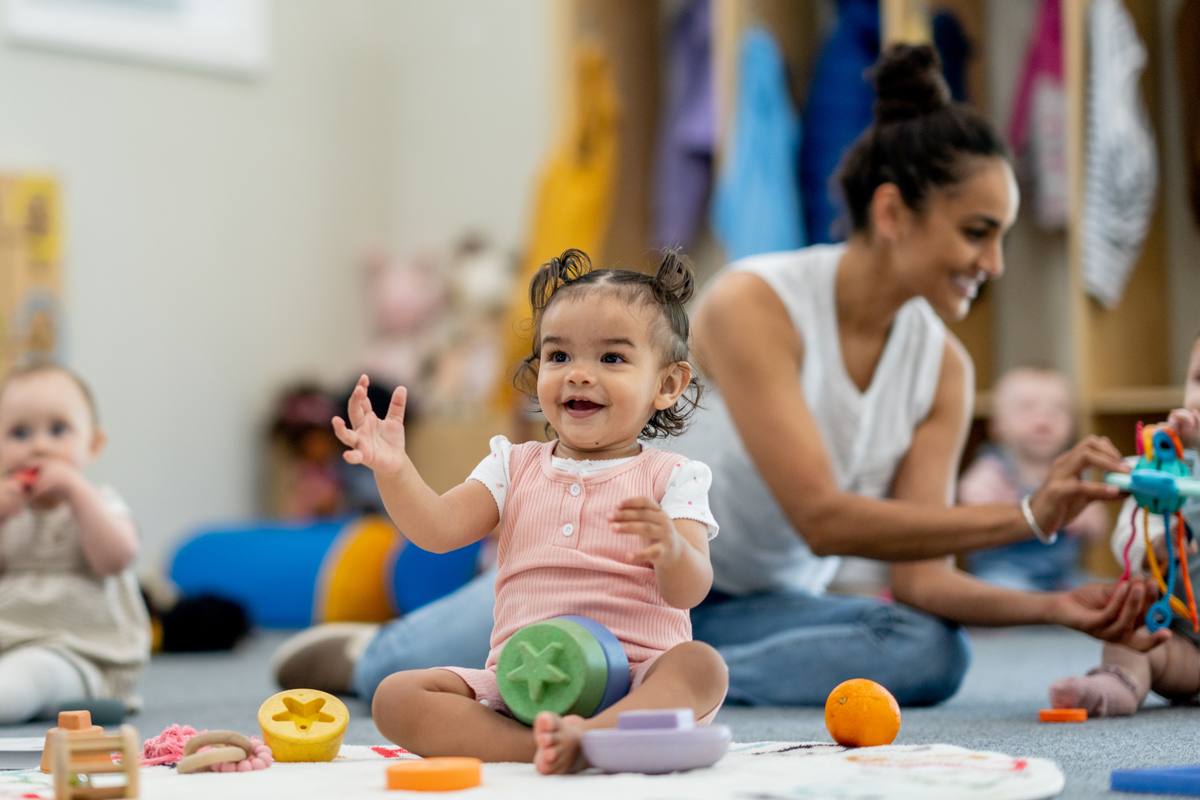I am about to purchase a mattress for my toddler’s “big-girl bed” and am wondering how important it is to purchase one that’s organic. I understand that our children spend many, many hours in bed (hopefully!), so it’s important to purchase the safest, least toxic option within our budget. However, I’m wondering if there’s any data to support the hype around providing a certified organic mattress for our toddler, or an organic crib mattress for a baby about to transition from a bassinet into a crib. I certainly did not sleep on an organic mattress at any point throughout my childhood, but of course want to provide my own children with the safest, healthiest sleep environment I can afford.
—Jillian
Sigh.
The main reason people push organic crib mattresses is the idea that they do not emit toxic chemicals (the so-called “off-gassing”). Many crib mattresses use treated polyurethane foam or polyester foam, which, in principle, can cause exposure to volatile organic compounds (VOCs). There may also be exposure to other chemicals, including flame retardants. Organic mattresses may be less likely to have these issues.

The first question: do these chemicals leak out of mattresses in meaningful amounts? At least two papers (here and here) argue yes. These papers test mattresses and argue that, indeed, these compounds do leak out and generate at least some airborne exposure. It is difficult to know how important these exposures are in the scope of overall chemical exposure. Both of these papers suggest the exposure from mattresses is similar to what children get through toys or general living room air. In other words: mattresses are a source of these chemicals, but not an especially unusual one.
A second question: do these exposures matter for health? The exposure from mattresses is very low-level. And while there is evidence that indoor air pollution matters for respiratory health in kids at extreme levels, these are levels that are not coming from mattresses. For example, research shows that smoking in the household increases the risk of respiratory infections for children. But the chemical exposure from secondhand smoke is so much greater than from mattresses, it isn’t really appropriate to extrapolate.
We have little or no evidence that these chemical exposures matter for health at the concentrations seen here. It is likely that exposure levels were higher in the past, when more of these chemicals were used (for example, there used to be flame retardants in children’s pajamas). The papers on this topic argue for greater regulation of chemicals in these products. That seems like a fine idea. But in the meantime, this isn’t worth panicking about and likely not worth paying more for.
Community Guidelines
















Log in
Thanks for this answer. I am in the process of buying a big kid bed for my 3 year old and also feel like I’m being bombarded with ads for very expensive mattress designed for kids to be low in VOCs. Is there any additional data in regards to bigger kids / adolescents. Do I need to be scared of VOCs?
Same situation… there seems to be so much ‘hype’ and not very much data. It seems as if a firmer mattress is recommended for spine development, but again, lots of hype, not much data that I am seeing.
For whatever this is worth, my husband is an oncologist, epidemiologist, cancer researcher and also the Cheapest Man Alive (actual title). I can’t fully explain here the magnitude of his frugality but just know that he only makes purchases of any kind on Black Friday. Recently, he suggested we start buying organic food $, we replaced all our non-stick pots and pans $$, and got both our kids (5,7) organic mattresses $$$. His feeling is that there are harmful chemicals all around us and while we don’t have research to prove we are being harmed by all these chemicals, there isn’t conclusive evidence showing we aren’t.